Religion
Explore Gallup's research.
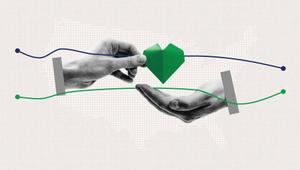
Americans remain widely engaged in charity, with volunteering rising and participation increasingly centered on nonreligious rather than religious organizations.
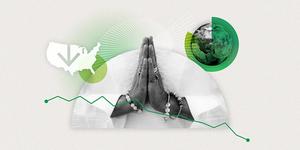
The 17-percentage-point drop in U.S. religiosity over the past decade is among the largest declines measured in the Gallup World Poll.
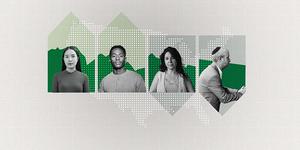
Less than half of Americans are satisfied with the way immigrants and Black, Hispanic, Jewish and Arab people are treated in the U.S.
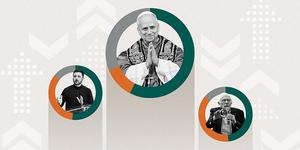
Pope Leo XIV enjoys broad favorability in the U.S., while Ukrainian President Volodymyr Zelenskyy and U.S. Sen. Bernie Sanders remain well-liked.
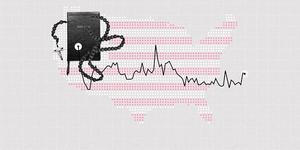
Thirty-four percent of Americans say religion is increasing its influence on American life, up from 20% a year ago.
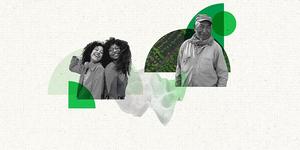
The latest results from the Global Flourishing Study reveal the relationship between age and wellbeing is no longer explained by one letter of the alphabet.
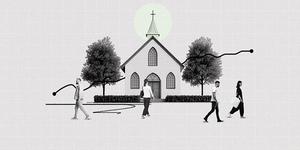
More than one in five U.S. adults have no religious preference, while close to seven in 10 are Christian, primarily Protestant (45%) or Catholic (21%).
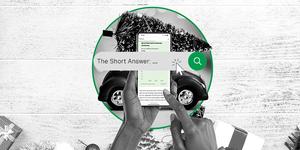
Ninety percent of Americans in December 2024 report celebrating Christmas, with 58% saying it's a strongly or somewhat religious holiday for them.
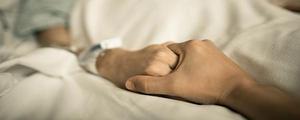
Just over seven in 10 Americans, 71%, believe doctors should be "allowed by law to end the patient's life by some painless means if the patient and his or her family request it."

A majority of Americans believe God played at least some role in humans' origin, but a majority also believe humans evolved from less advanced forms of life.
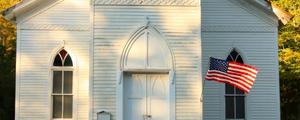
Protestants and highly religious Americans, traditionally Israel's most sympathetic supporters, are shrinking in size.
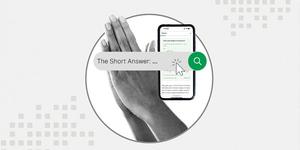
Most Americans have a religious preference -- predominantly a Christian one -- but less than half say religion is "very important" to them.
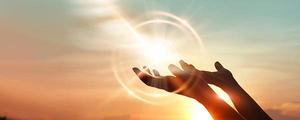
Results from the first year of the multiyear Global Flourishing study offer insights into why people's lives are going well.
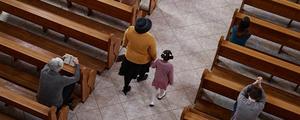
Three in 10 Americans, but 67% of Mormons, attend church regularly. Most religious groups show declines in attendance over the past two decades.
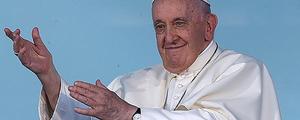
The pope is viewed in a largely favorable light by Americans -- though less so among conservatives.
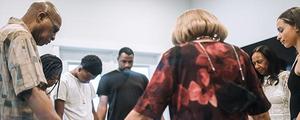
A new report from Gallup and Radiant Foundation reveals a relationship between religiosity and wellbeing.

Although the U.S. birth rate remains relatively low, Americans increasingly believe having three or more children is ideal.

Slightly less than half of U.S. adults describe themselves as religious, while 33% say they are spiritual but not religious and 18% are neither.

Recent Gallup data confirm a significant and growing relationship between religiosity and partisan identity in the U.S.
